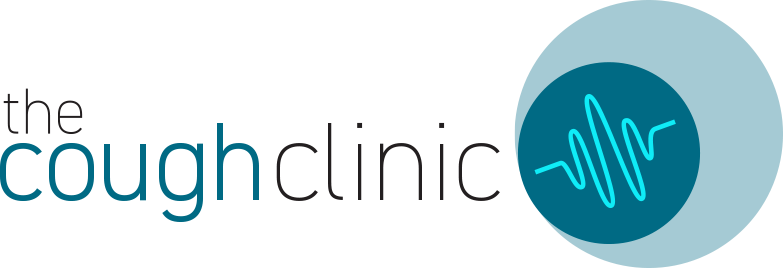COVID-19 and Persistent Cough
Still coughing after COVID infection? A lingering post-COVID cough for weeks or months is not that uncommon but can respond well to treatment. Post-COVID cough can also be accompanied by chronic fatigue, cognitive impairment, shortness of breath, or pain - a collection of long-term effects referred to as the post-COVID syndrome or ‘long COVID’. Numbers vary greatly between studies but a pooled analysis of the prevalence of chronic cough after COVID has been estimated at 18%*.
What causes the cough to begin with?
A cough is one of the most common symptoms of COVID-19 as the virus affects the respiratory tract, leading to inflammation, mucus production and irritation that ultimately triggers cough receptors in your airway. Coughing in this way helps the body to dislodge and clear mucus and other irritants. The cough also conveniently enables the virus to spread via tiny droplets or suspended aerosols in the cough’s turbulent cloud of buoyant gas.
Why won’t the cough go?
In some instances, coughing persists beyond its usefulness during infection and just won’t stop. Coughing after COVID can continue frustratingly for weeks or months and not respond to typical pharmacological treatments. Our medical understanding of both the acute and chronic mechanisms of COVID-19 is constantly evolving (along with the virus itself!), however several theories have been proposed that help explain a persistent cough (both dry and productive), many of which involve inflammation, including:
Viral invasion of sensory nerves and/or neuroinflammatory responses leading to peripheral and central hypersensitivity. If you’ve got a dry cough with incessant irritation in the throat, this could be you.
Post-nasal drip that can irritate the throat, particularly in the setting of ongoing upper-airway/nasal inflammation.
Residual mucus production or tissue swelling in your lungs, in which case your cough may be mildly productive.
Medical complication such as lung tissue scarring or asthma/bronchitis exacerbation.
Treatment
Most often your airways just need a gentle, helping hand to recover, however causes for chronic cough other than COVID need to be ruled out first, such as a secondary bacterial infection, heart conditions and lung cancer. Your doctor may prescribe steroid inhalers temporarily and may also consider the use of a class of drugs named neuromodulators to combat the body’s potential neuroinflammatory response to the virus. Following these checks, cough therapy can promote recovery and relief through a range of measures depending on the exact nature of your cough. Measures such as keeping the airway moist, controlled breathing techniques, cough suppression strategies, nasal rinses and desensitisation principles can all help to reduce triggering, inflammation and ‘reset’ your cough reflex thresholds. Read more about cough therapy here.
*Confronting COVID-19-associated cough and the post-COVID syndrome: role of viral neurotropism, neuroinflammation, and neuroimmune responses. Lancet Respir Med. 2021 May; 9(5): 533–544.Woo-Jung Song, MD,a Christopher K M Hui, MD,b James H Hull, PhD,c Surinder S Birring, Prof, MD,d Lorcan McGarvey, Prof,e Stuart B Mazzone, Prof, PhD,f and Kian Fan Chung, Prof, DScc,g

